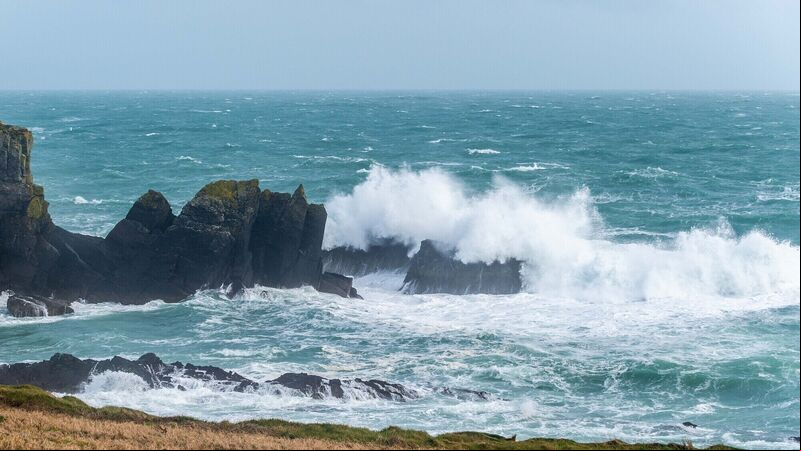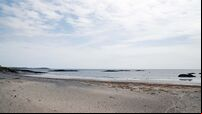Action needed to stop extreme weather effects, Cork lecturer says

Waves hit the rocks at Galley Head Lighthouse due to very high winds. Extreme weather events such as flooding, gale force winds and severe storms have hit in recent months and years, impacting people, businesses and infrastructure.










 App?
App?


